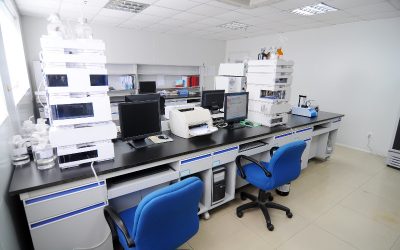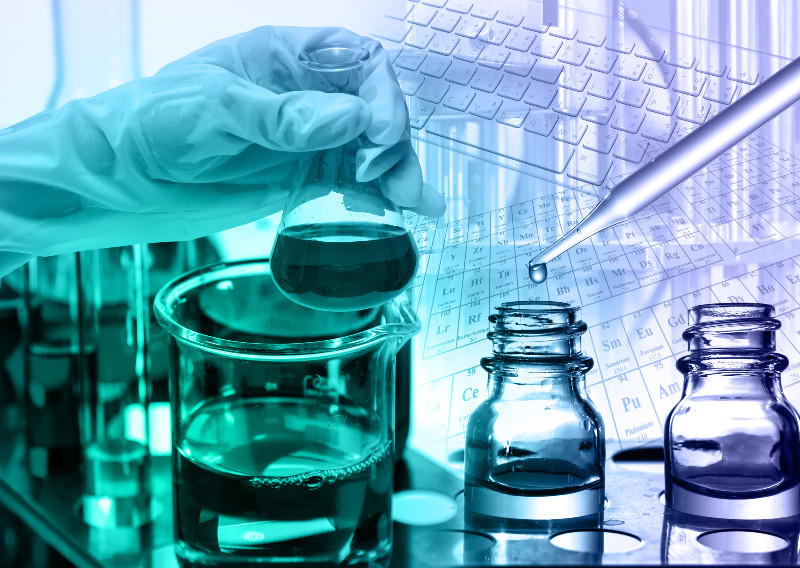Ion-exchange chromatography is a quiet powerhouse in the realm of scientific techniques that has a story that is as captivating as it is enlightening. This often-underappreciated tool plays a critical role in separating and purifying substances across a wide range of industries, from pharmaceuticals to environmental science.
Just picture a vibrant city where everyone is constantly on the move. This city is akin to an ion-exchange column. The buildings, representing resin beads charged with ions, stand tall, ready for the right exchange. As the mobile phase containing the molecules that we want to separate flows through, a fascinating dance takes place. Molecules carrying a charge opposite to the ions on the resin are drawn in and held briefly before continuing with their journey. This temporary interaction allows for the separation based on the molecules’ affinity towards the resin, a spectacle that mirrors the ebb and flow of city life.
Why It Matters: The Impact and Urgency
But why should we care about these microscopic interactions taking place in our laboratories? The answer lies in the significant impact this technique has on our lives. It purifies our medicines, ensuring their safety and efficacy. It cleans our water, making it safe to drink. It even aids scientists in understanding complex biological systems, pushing the boundaries of knowledge.
However, there is an undeniable urgency to this narrative. As our world grows increasingly intricate, the need for advanced techniques like ion-exchange chromatography becomes even more pronounced. We need to explore its potential further, innovating and refining to keep up with our rapidly evolving needs.
The story of ion-exchange chromatography is a testament to scientific ingenuity and an unwavering pursuit of excellence. It showcases our remarkable ability to harness the fundamental principles of nature to enrich our lives.
Discover the power of ion-exchange chromatography with Trinity Biotech. Our cutting-edge technology separates ions and polar molecules based on their affinity to the ion exchanger. Explore more at https://www.trinitybiotech.com/.

